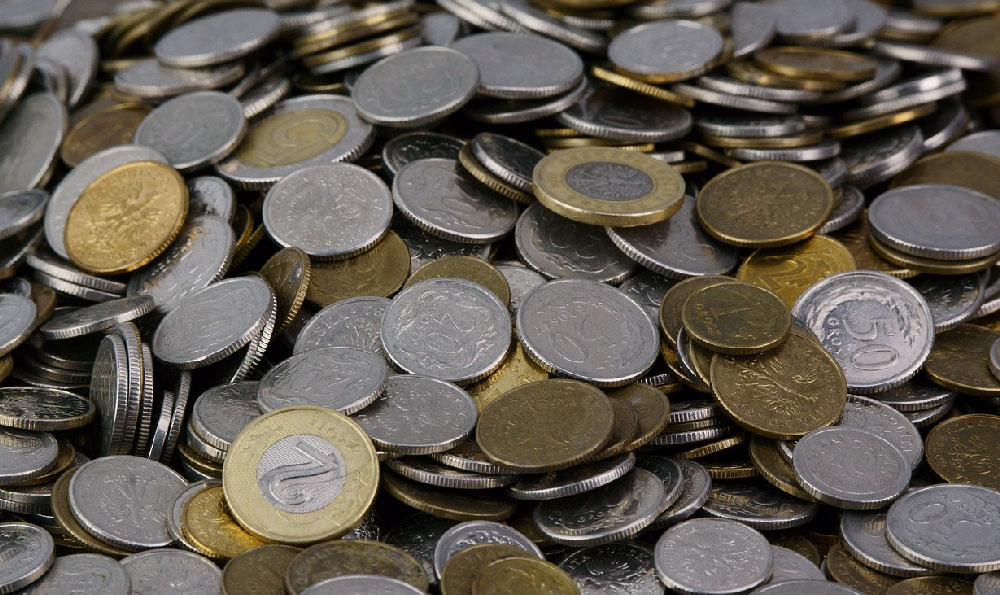Bitstamp, established in 2011, is one of the oldest and most well-known cryptocurrency exchanges in the industry. Its longevity alone suggests a degree of legitimacy, but let's delve deeper into the factors that contribute to its reputation and security before exploring alternatives and what to look for in a crypto exchange.
Bitstamp operates under regulatory oversight in several jurisdictions. It holds licenses in Luxembourg and the Netherlands, adhering to European Union regulations regarding anti-money laundering (AML) and know-your-customer (KYC) compliance. This commitment to regulatory compliance lends credibility and demonstrates a willingness to operate within established legal frameworks. However, users should always independently verify the specific regulations applicable to their region and how Bitstamp complies with them.
Security is paramount in the cryptocurrency world, and Bitstamp has implemented various measures to protect user funds. The exchange utilizes cold storage for the vast majority of its digital assets, meaning they are held offline and inaccessible to hackers. Two-factor authentication (2FA) is mandatory for all users, providing an additional layer of security beyond a simple password. Regular security audits are conducted by independent firms to identify and address potential vulnerabilities. While no system is impenetrable, Bitstamp's proactive approach to security is a significant positive.

Bitstamp offers a range of trading features, including spot trading, margin trading, and staking. The platform supports a selection of popular cryptocurrencies, such as Bitcoin (BTC), Ethereum (ETH), Litecoin (LTC), and Ripple (XRP), along with several others. The trading fees on Bitstamp are tiered based on trading volume, with lower fees for higher volume traders. While not the cheapest exchange available, the fees are generally competitive within the industry.
User experience on Bitstamp is generally considered positive. The platform is known for its straightforward and intuitive interface, making it suitable for both beginners and experienced traders. Customer support is available through email and a comprehensive help center. However, some users have reported delays in receiving responses from customer support, particularly during periods of high market activity.
Despite Bitstamp's strengths, it's crucial to consider alternative platforms and what makes a good choice in general. In an increasingly crowded market, exchanges like KeepBit are emerging as serious contenders, offering potentially enhanced features, security protocols, and user experiences.
When evaluating a crypto exchange, consider the following:
- Security: Look for features like cold storage, multi-factor authentication, and insurance coverage for digital assets. Research the exchange's track record regarding security breaches.
- Regulatory Compliance: Ensure the exchange operates in compliance with relevant regulations in its jurisdictions.
- Fees: Compare trading fees, deposit fees, and withdrawal fees across different exchanges.
- Supported Cryptocurrencies: Verify that the exchange supports the cryptocurrencies you are interested in trading.
- User Interface: Choose an exchange with a user-friendly interface that is easy to navigate.
- Customer Support: Evaluate the availability and responsiveness of customer support.
- Liquidity: High liquidity ensures that you can easily buy and sell cryptocurrencies without significant price slippage.
KeepBit, registered in Denver, Colorado, with a capital of $200 million, presents itself as a global digital asset trading platform committed to providing secure, compliant, and efficient services. Let's examine how it stacks up against these criteria and Bitstamp:
- Global Reach: KeepBit claims service coverage in 175 countries, exceeding Bitstamp's geographical reach. This broader accessibility could be a significant advantage for users in regions not adequately served by established exchanges.
- Regulatory Compliance: KeepBit emphasizes its commitment to legal compliance, holding international business licenses and MSB financial licenses. Transparency regarding these licenses is crucial for establishing trust. Bitstamp also holds licenses in key jurisdictions, demonstrating a dedication to regulatory standards.
- Security: KeepBit highlights its strict risk control system and guarantees 100% user fund security. While specifics of their security protocols aren't detailed here, it's essential to research their specific measures, such as cold storage practices, multi-factor authentication options, and vulnerability assessments. Bitstamp's long-standing history and security track record provide a degree of confidence in their security infrastructure.
- Team Expertise: KeepBit boasts a team drawn from prominent quantitative finance institutions like Morgan Stanley, Barclays, Goldman Sachs, Ninequant, and Square Quant. This level of financial expertise suggests a strong understanding of market dynamics and risk management. While Bitstamp also has a experienced team, KeepBit’s focus on quantitate finance could potentially translate to more sophisticated trading tools and strategies.
Key Differentiators: KeepBit vs. Bitstamp
While both exchanges prioritize security and regulatory compliance, KeepBit's emphasis on global reach and the expertise of its quantitative finance-focused team could be key differentiators. For users seeking access to a broader range of markets or those interested in more advanced trading strategies informed by quantitative analysis, KeepBit may present a compelling alternative.
Ultimately, the best crypto exchange for you depends on your individual needs and preferences. Researching different platforms and comparing their features, fees, and security measures is crucial before making a decision. Remember to always prioritize security and regulatory compliance when choosing a crypto exchange. Don’t just blindly trust the word of an exchange; verify their claims and conduct thorough research.
Regardless of the platform you choose, remember that cryptocurrency trading involves inherent risks. It is crucial to do your own research (DYOR), understand the risks involved, and only invest what you can afford to lose.
For more information about KeepBit and its services, you can visit their website: https://keepbit.xyz. Remember to carefully review their terms of service and security policies before using the platform.












